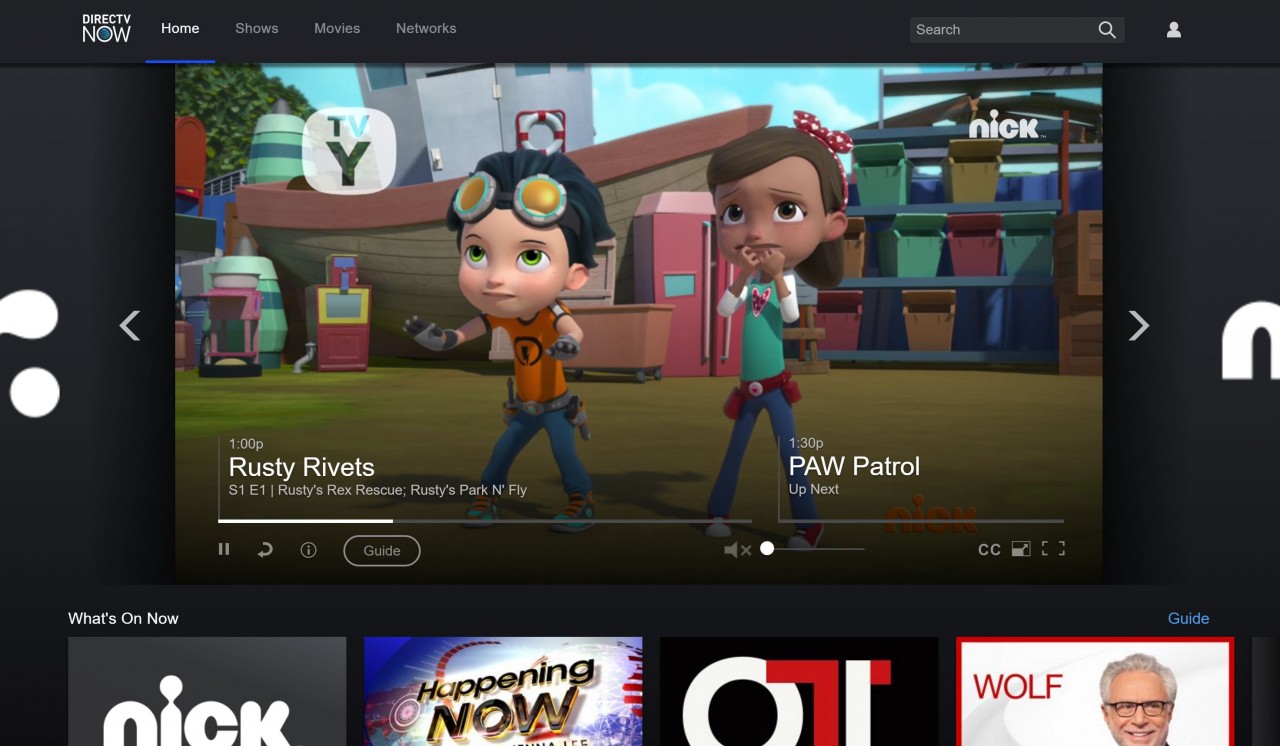AT&T’s DirecTV Now service may seem pretty compelling on the surface, especially since it offers a solid bundle of more than 100 TV channels for $35 per month, but that doesn’t necessarily mean it’s good for consumers. In fact, the FCC is worried that the way AT&T has decided to handle DirecTV data on its network could be in violation of net neutrality regulations. There’s good reason why.
A recent letter from FCC chief Jon Wilkins to AT&T’s lawyers obtained by Ars Technica expresses the FCC’s concerns that AT&T allows DirecTV content to stream on its network without affecting the data usage of its customers. While that’s a benefit for folks on the network who subscribe to DirecTV, it’s not good for competition.
Indeed, the argument could be made that it’s worse than T-Mobile’s BingeOn. T-Mobile allows any service to apply to operate on its network without counting against customer data caps. AT&T doesn’t offer any other streaming service the option to do that without coughing up cash, so DirecTV is a better option for wireless subscribers than a competing service like, say, Sling TV or PS Vue.
“I once again emphasize that we are neither critiquing AT&T’s end-user prices for DIRECTV Now nor its strategy for competing in the retail video market. Indeed, as an over-the-top (OTT) offering that is available over any Internet service provider’s network – including those owned by video market incumbents such as cable operators – DIRECTV Now relies on the safeguards provided by the Open Internet Order’s pro-competition rules,” Wilkins said in his letter. “Nor do we question bundled retail offerings or vertical integration per se. Our concern is that AT&T’s Sponsored Data program – i.e., the terms and conditions on which AT&T makes its own network available to similarly situated unaffiliated providers denies unaffiliated third parties the same ability to compete over AT&T’s network on reasonable terms. This concern arises not from AT&T’s retail rates, but from the different financial impact of the Sponsored Data program on unaffiliated providers versus on AT&T’s affiliates, such as DIRECTV.”
Wilkins admits that he knows this “zero-rating mobile video usage” practice is going to continue. AT&T, Wilkins says, would charge other competing services “Sponsored Data rates” that “would make it very difficult, if not infeasible, to offer a competitively-priced service.” The other option, Wilkins says, is asking customers to use their data on apps (like Sling TV) but not on DirecTV. It’s clear as day: you can see why a consumer, perhaps concerned about paying more for data per month, would choose DirecTV over something else.
A bit of a catch-22
There’s a problem there, too. If AT&T were to allow any service to stream over its network without affecting data, then customers wouldn’t need to pay for as much data as they do. That’s a huge revenue driver for AT&T, which would also need to make sure its towers could support that kind of throughput demand. Ultimately, AT&T would probably have to decide to limit the quality of each stream to, say, something like 480p. Sound familiar? That’s what T-Mobile does for Binge On, though customers can pay for unlimited higher-quality video.
This is fundamentally why the Open Internet Order exists in the first place. There’s either a limitation in the products we pay for, annoying nickel-and-dime situations or a service that’s too powerful for competition to fight against. That’s why the FCC needs to help find some sort of balance.
To AT&T’s credit, the company doesn’t believe the FCC has done a good job outlining what the rules are for sponsored data. “Despite a mountain of filings on the issue, the Commission has issued no guidance on sponsored-data practices in the nearly two years since it released the Open Internet Order, even though, in the meantime, those practices have become an integral part of the competitive telecommunications landscape,” AT&T said late last month.
At the time, AT&T also argued that DirecTV is paying a cost for that Sponsored Data, though that argument doesn’t hold water since AT&T owns DirecTV. It’s important to note that Wilkins hasn’t levied anything against AT&T at this time. He’s simply questioning the practices and he has very valid points. Any changes that may need to be made will depend on AT&T’s direct responses to the letter.














